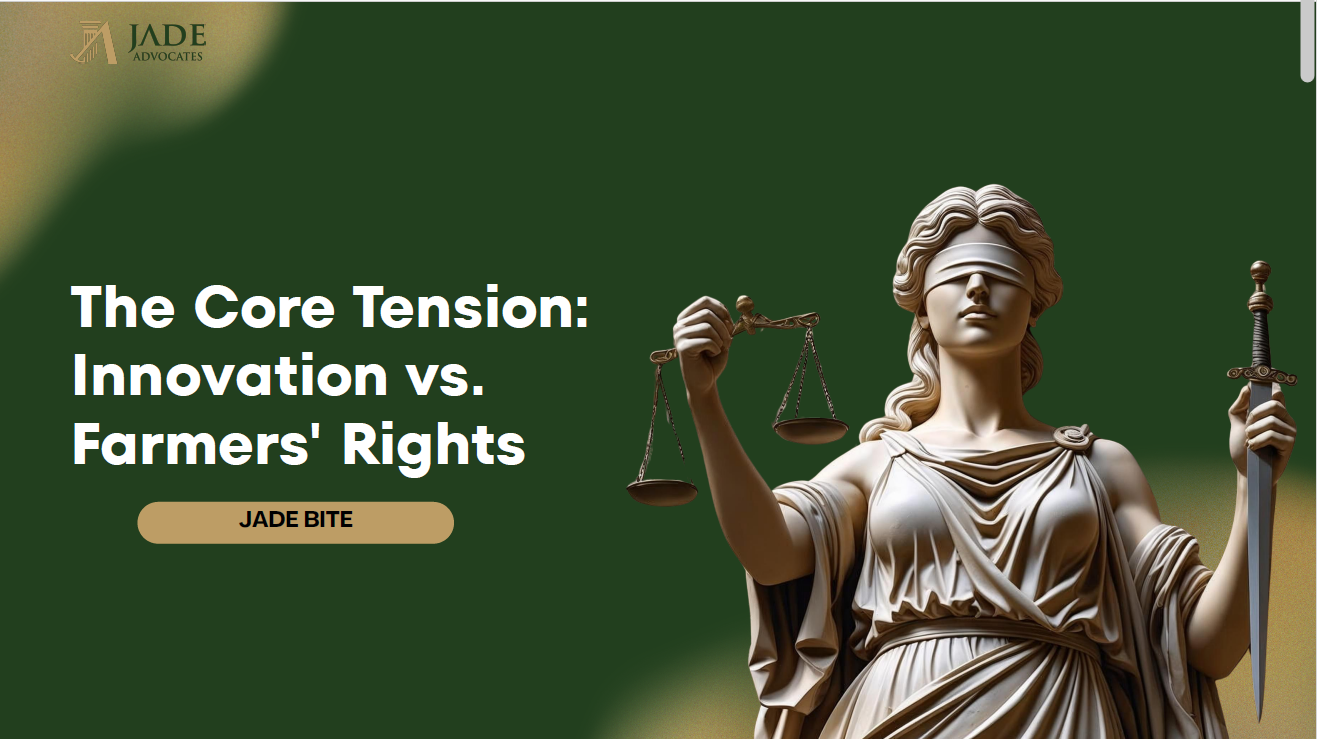THE NATIONAL LEGAL EXAMINATIONS CENTRE BILL 2025: HIT OR MISS? A GREAT PLAN OR A FLAWED MOVE FOR UGANDA’S LEGAL PROFESSION?
INTRODUCTION
First off, the bat, the National Legal Examinations Centre Bill 2025 promises to either make us or break us. By repealing the Law Development Centre (LDC) Act Cap 251, this Bill aims to decentralize Uganda’s legal training and overtake the Bar Course. Inspired by Uganda National Examinations Board (UNEB), it establishes a National Legal Examinations Centre responsible for administering a mandatory national exam a single, unified Bar exam that will decide who qualifies as a legal practitioner.
This essay explores whether this Bill is a bold reform or a problematic one, with a special focus on the overlooked reintroduction of pre-entry exams which is arguably the most critical and controversial feature of the bill.
KEY PROVISIONS AND RATIONALE OF THE BILL
Repeal of the LDC Act Cap. 251: The bill abolishes the exclusive control of the LDC over the Post Graduate Diploma in Legal Practice (the Bar Course).
Establishment of the National Legal Examination Centre, a new body responsible for national coordination, will manage admissions, oversee and administer a unified national examination for all candidates pursuing the Bar course.
Decentralization of legal training by allowing accredited universities and law schools to conduct the Bar Course, which was previously exclusively run by the LDC, broadening access.
Unified Examination System through the introduction of a single, standardized national Bar examination to address capacity issues that forced LDC to pause admissions in 2025 due to resource constraints.
Reintroduction of Pre-entry Exams, starting 2026 all aspiring Bar course students must sit and pass a pre-entry exam so as to be admitted. This is designed to manage quality and numbers.
THE RISK OF THE REFORM
- Pre-entry exams may disproportionately disadvantage rural and less privileged students who lack adequate preparation. This runs contrary to the Bill’s supposed goal of expanding access.
- Decentralization could lead to varied, often higher fees across universities, pricing out less affluent candidates. Without fee regulation or support mechanisms, inclusivity suffers.
- Delays for current students for instance those with multiple failed exams at LDC may face extended delays to qualify, compounding financial and psychological strain.
- Narrowing Legal Education by shifting from LDC’s monopoly to multiple institutions might prioritize exam-cramming over broad critical legal education, potentially weakening the profession’s interdisciplinary depth.
CONCLUSION
The National Legal Examinations Centre Bill 2025 represents a significant reform for Uganda’s legal profession, with potential to resolve capacity constraints, enhance transparency, and democratize access to legal practice.
However, its success turns on the fair and effective implementation of its mandatory gateway exams, particularly the controversial pre-entry test.Without safeguards to regulate fees, ensure equity, and maintain uniform quality, this Bill risks deepening inequalities and undermining constitutional values of access to justice.


